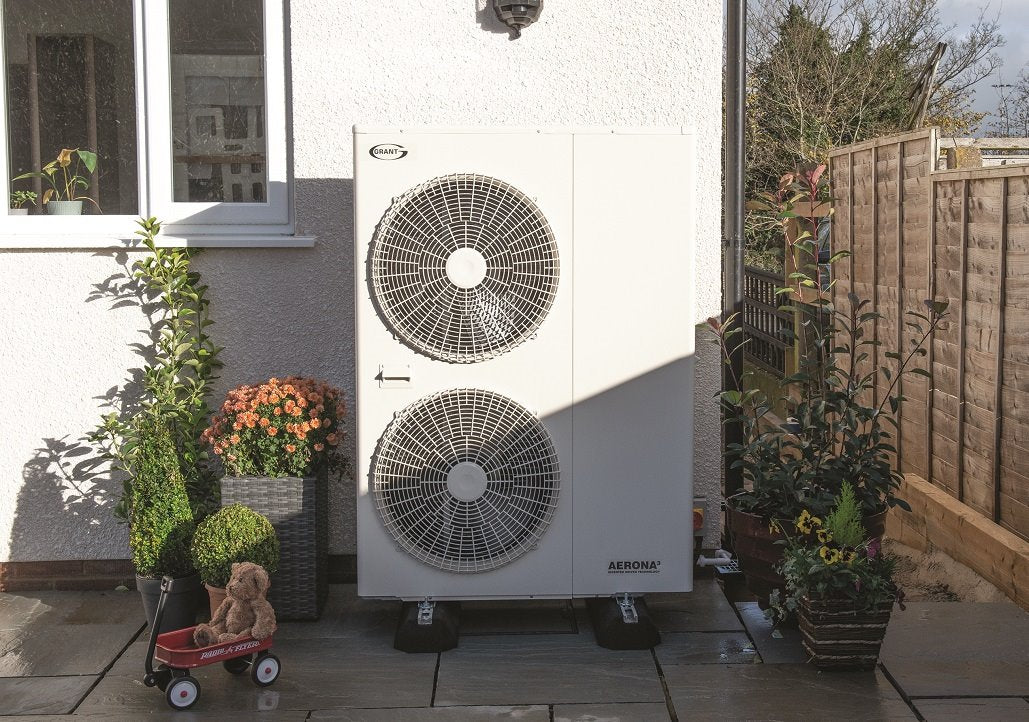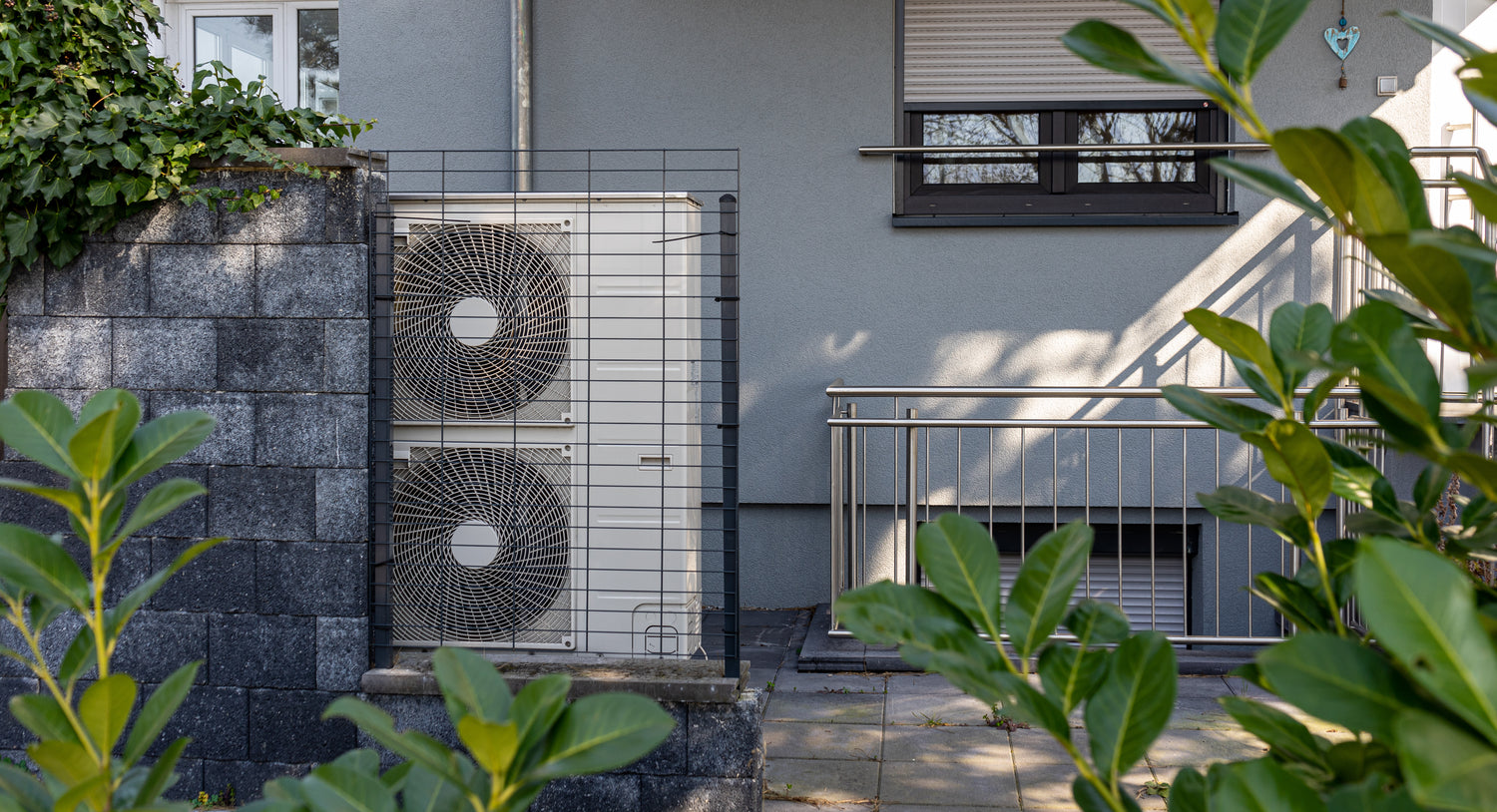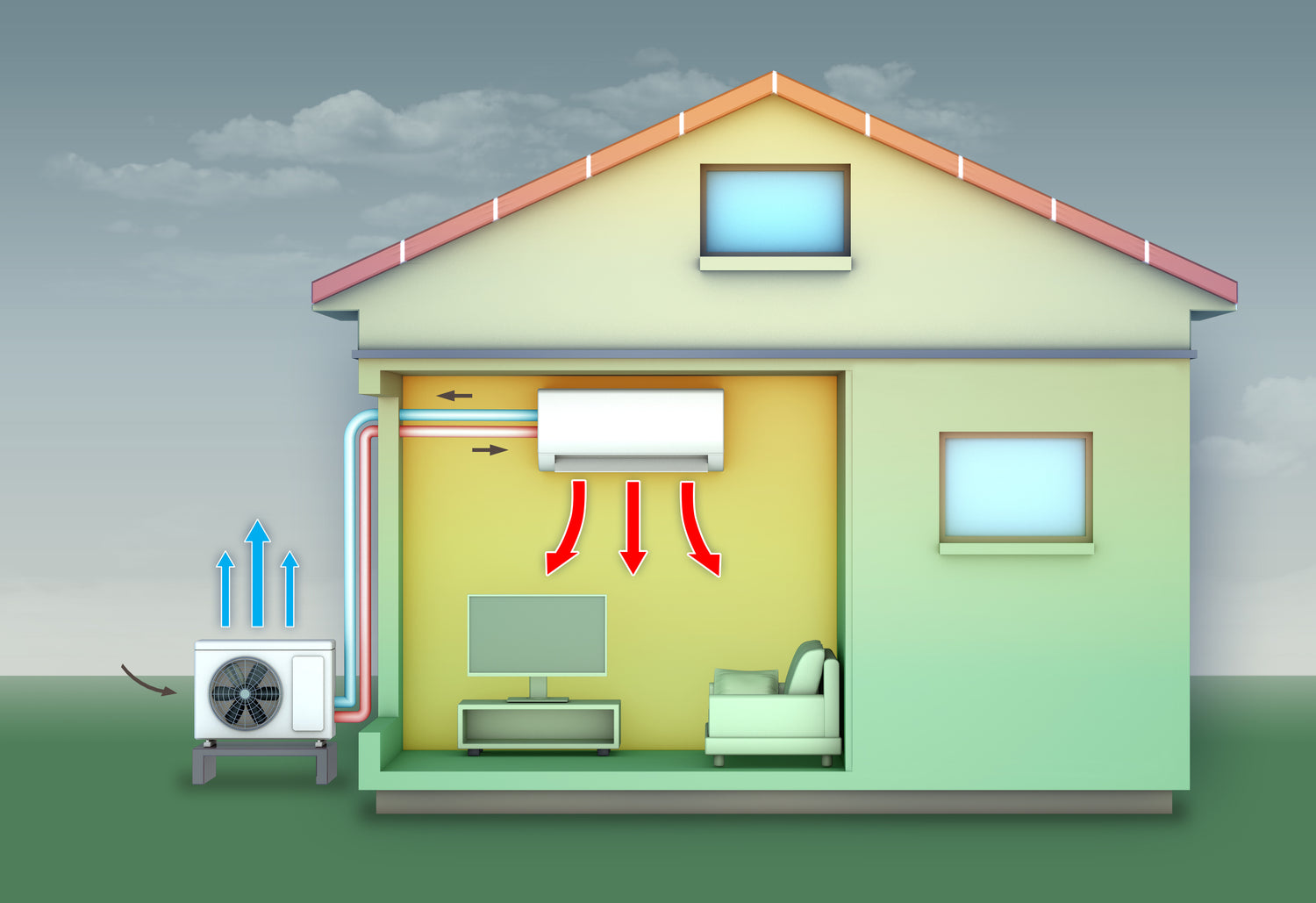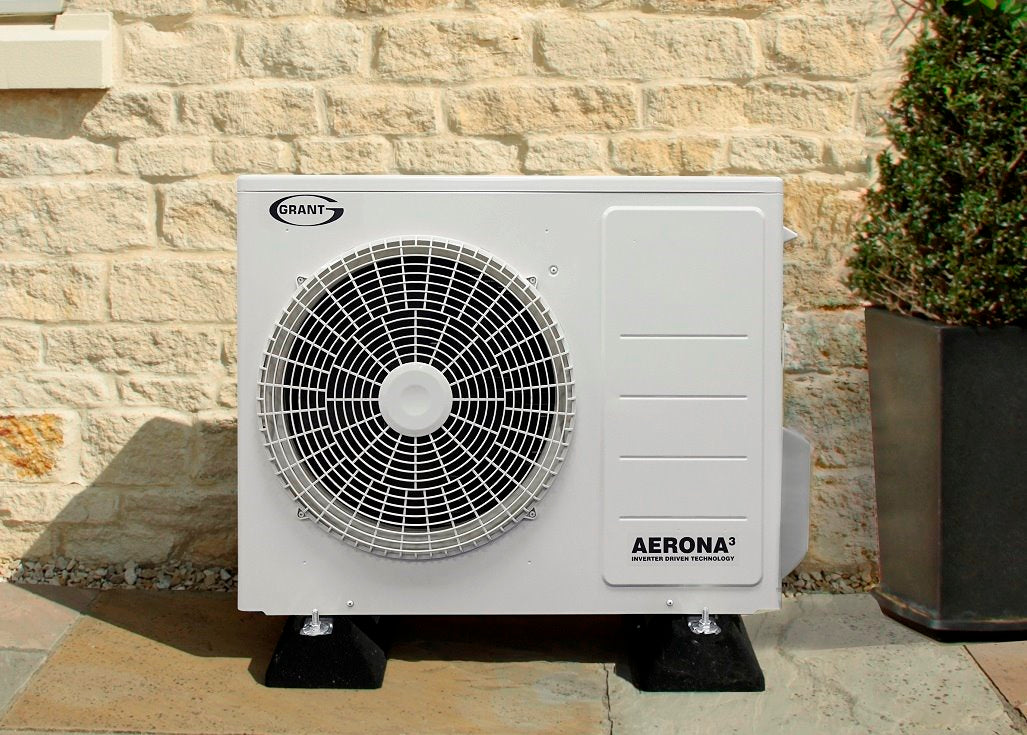There’s no denying that gas prices are higher than they’ve ever been. With little sign of them dropping, many people are deciding to switch their traditional gas boiler for an air source heat pump system to heat their homes.
An Air source heat pump gathers heat from the outside air (yes, even in cold weather) and uses that heat, along with some very cool technology, to transfer the warmth throughout your home. It works almost as an opposite refrigerator, and it’s one of the best ways to future-proof your home’s heating system as well as being a bit more environmentally friendly.
It can be an investment to make the switch from a traditional central heating system to an air source heat pump. However, it can have many benefits. So, if you’re considering making a change, here is some helpful information about air pump costs.
Benefits of air source heat pumps
Air source heat pumps have multiple benefits that you might want to consider.
Benefit 1. Lower your energy bills
Making the move to an air source heat pump means you could save some money on your heating bills as it doesn’t rely on gas. Although a heat pump uses electricity to run, the savings you can make overall outweigh the cost of running it. Unless you have other appliances that are gas-reliant, such as a stove or gas oven, you could wave goodbye to gas bills entirely.
Benefit 2. Help to minimise your carbon footprint
Because they are significantly more efficient and eco-friendly than traditional boilers, switching to a heat pump can help to reduce your home’s carbon footprint.
Benefit 3. No more fuel deliveries
If you currently have an oil or LPG heating system, you already know that organising fuel deliveries and storing the fuel can be a pain. Air source heat pumps don’t require any additional fuel so you don’t have to deal with anymore deliveries and can save storage space.
Benefit 4. Future-proof your home
Heat pumps are set to become an even more important part of the future of home heating. Installing one now will future-proof your home with the latest technology, setting you up for the big boiler switch in the next couple of decades.
Benefit 5. Eligible for grants
The UK government is offering grants to those switching to heat pumps called the Boiler Upgrade Scheme. You can see up to £5,000 off the installation price of your air source heat pump if you apply!

 Get A Quote
Get A Quote
 Trade Account
Trade Account
 Contact Our Team
Contact Our Team










